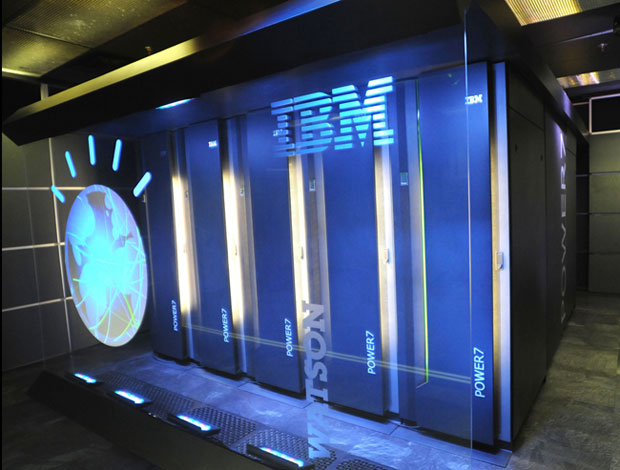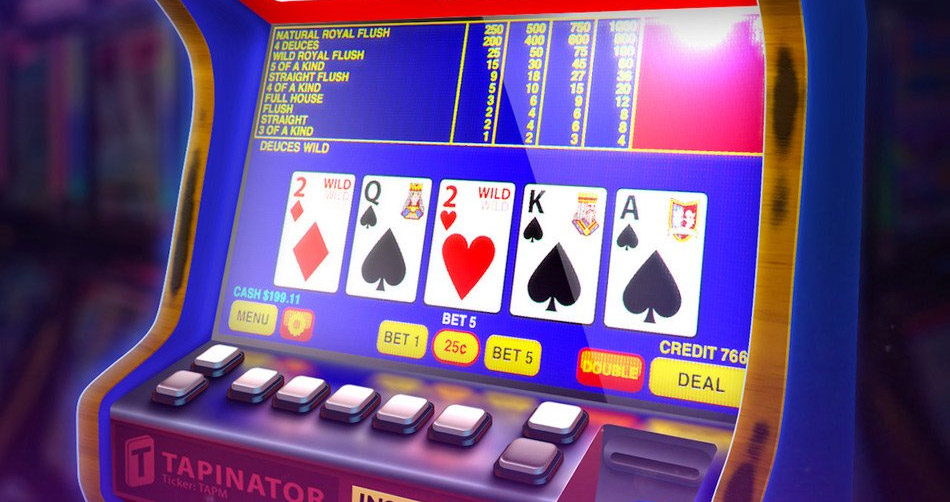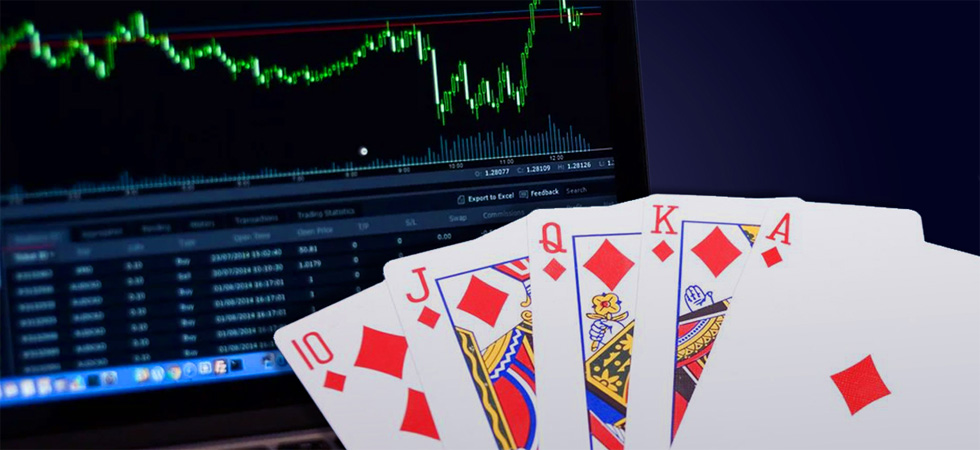
Have you ever heard of this program? It is an artificial intelligence computer program designed by IBM. This software fits into a larger program named DeepQA research project. It recalls some artificial intelligence software such as software "Chinook", a computer program Canadian who, after 18 years of design, is supposed to be invincible in the ladies face a human opponent.
Watson recently made talk of him taking part in February last in 3 episodes of the game show Jeopardy. The program was able to recognize issues in oral (its peculiarity), indicate its intention to respond (sound if you want) and formulate its responses through a speech synthesis. The most surprising in this story is that the program has won the game. These episodes have been broadcast on 14, 15 and 16 February.
You can see an excerpt here:
{youtube}Puhs2LuO3Zc {/ YouTube}
This machine always reminds us surely Deep Blue of IBM who had beaten Garry Kasparov chess champion. The machine was not creative or imaginative, it was only capable of calculating 200 million moves per second to play as perfectly as possible, what Kasparov called "the brute force of numbers".
In 2008, a program named Polaris had faced a team of players profressionnels Hold'em without limits. For this software, the Hold 'em no-limit was much more complicated than the Hold' em limited because updates without limits complicated algorithms and it was more difficult to find the optimal strategy. Hold'em no-limit also adds difficulties; Unlike chess, the game can be played in 3, 4, 5 and even up to 10 players. Mathematics are no longer sufficient given that the Hold'em no-limit is a game with incomplete information.
When you play chess, you get the picture, you see the parts and no information (apart from the future intentions of your opponent) is secret. Moreover, chess, it is not possible to bluff as in Hold'em, which adds more a variable once calculations. The optimal strategy is far more difficult to find. It is always possible mathematisation everything (the bluff for example, a frequency of bluff), not against, the effectiveness of the software in this case becomes much less and loses precision. A frequency of bluff is never accurate and a player can reduce or increase its frequency of bluff, in the manner that the computer adapts to its frequency of bluff.
To make the best possible decisions, the computer should be able to handle much more data than during a game of chess; how fast someone performs its implementation, how often a person she bluff, what type of hand play what position, etc. As it was said above, heads-up, a computer could probably deal with several data that would help it to play optimally, but when 1 or more players to add, the equation becomes extremely difficult to resolve. Playing with more than 2 players greatly complicates the computer work. As it has already been said by several researchers in the field, is like from 2 dimensions to 3 dimensions.
A computer program could beat the best players from cash games in the world? Hold'em no-limit is a game that can resolve (to play it perfectly)? We strongly doubt, but several people (probably for the sake of the challenge) are working, including Michael Bowling, responsible of the research group on electronic poker of the University of Alberta.
Discuss this news on PokerCollectif forums: Watson, the supercomputer of IBM.









